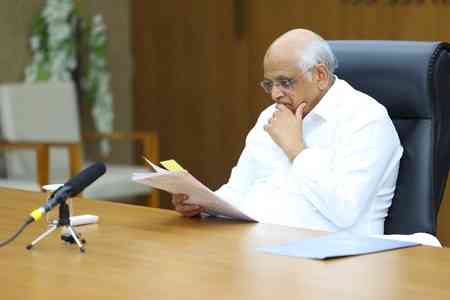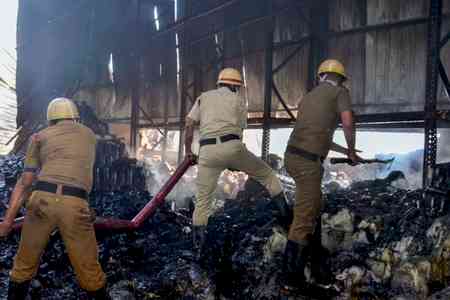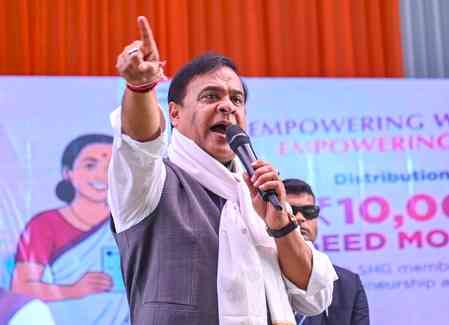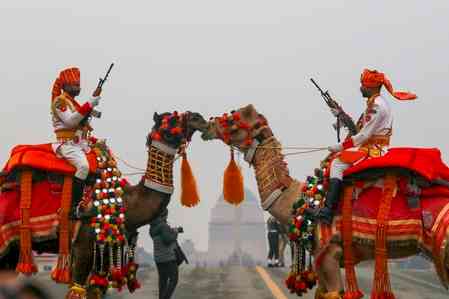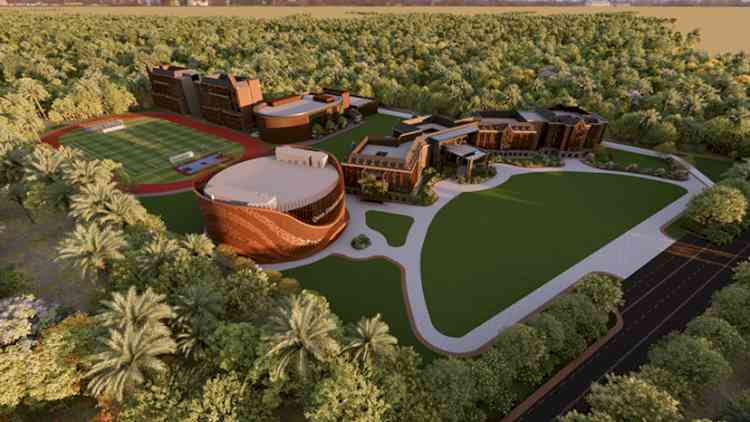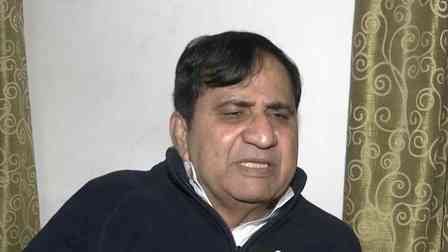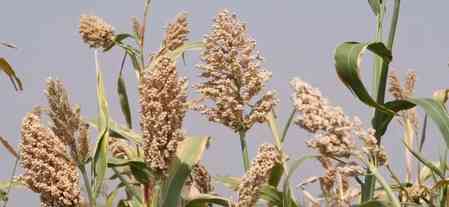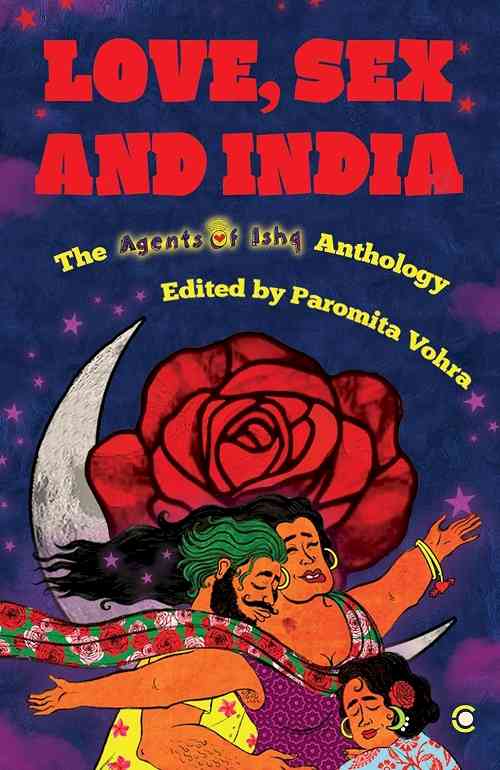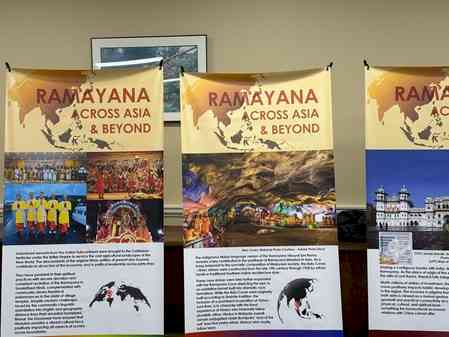Bal Thackeray's death anniversary: Lesser-known facts about 'Hindu hriday Samrat'
On the occasion of Balasaheb Thackeray’s death anniversary, leaders across party lines paid tributes to the Maharashtra's most influential figure while people noted the contributions and legacy of the Hindu Hriday Samrat in shaping state's politics as well discourse.
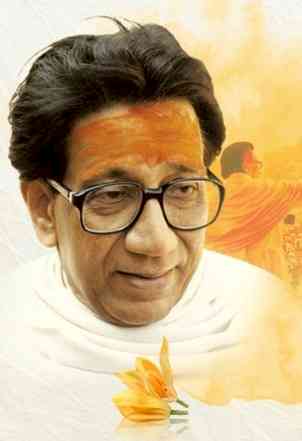
New Delhi, Nov 17 (IANS) On the occasion of Balasaheb Thackeray’s death anniversary, leaders across party lines paid tributes to the Maharashtra's most influential figure while people noted the contributions and legacy of the Hindu Hriday Samrat in shaping state's politics as well discourse.
Thackeray was known for his charismatic leadership and strong nationalist stance. Balasaheb was an Indian journalist, political strategist, and founder of Shiv Sena, a party built on the ideological foundation of asserting Marathi identity and advocating pro-Hindu policies in India. Under his leadership, the Shiv Sena became a dominant political force in Maharashtra, influencing the state’s political landscape for decades.
Thackeray began his professional journey in the early 1950s as a cartoonist for the Free Press Journal in Mumbai (then Bombay). His cartoons were also featured in the Japanese daily Asahi Shimbun and in the Sunday edition of The New York Times.
During the 1960s, he became increasingly involved in regional politics. He cultivated a strong local following through Marmik, a weekly Marathi-language journal he published with his brother. The magazine often expressed sharp criticism against what he described as the growing influence of “outsiders” primarily immigrants from southern India and Gujarat who were perceived to be taking employment opportunities away from the local Marathi population.
In 1966, Thackeray founded the Shiv Sena as a movement advocating “Maharashtra for Maharashtrians,” aiming to protect local interests and jobs. Although he never held an official government post or contested elections, he was widely regarded as one of the most powerful figures in Maharashtra. He was often called the “godfather of Maharashtra,” while his devout followers referred to him as Hindu Hriday Samrat.
The party under Thackeray’s leadership supported ending India’s constitutional secularism and adopting Hinduism as the nation’s official religion. His influence became evident when the Shiv Sena came to power in the 1990s and the city of Bombay was officially renamed Mumbai, after the goddess Mumbadevi—the name traditionally used in Marathi.
Thackeray’s annual addresses at Shivaji Park in Mumbai drew massive crowds and were among the most anticipated events for his supporters. He passed away on November 17, 2012, due to cardiac arrest.
Thackeray often remarked that the Shiv Sena was not merely a political party but the “army of Chhatrapati Shivaji Maharaj.”
On his death anniversary, several political leaders, including Maharashtra Deputy Chief Minister Eknath Shinde and Nationalist Congress Party MP Supriya Sule, paid tributes to him on X.
Eknath Shinde wrote: “Saheb, your thoughts and memories are always in our hearts. Emotional tributes to the venerable #HinduHrudaySamrat #ShivSenaPramukh #Balasaheb_Thackeray on his death anniversary.”
Supriya Sule posted: “Today is the death anniversary of Maharashtra's beloved leader, Shiv Sena chief Balasaheb Thackeray. On this occasion, my humble tributes to his memory."
--IANS
jk/mr


 IANS
IANS 
